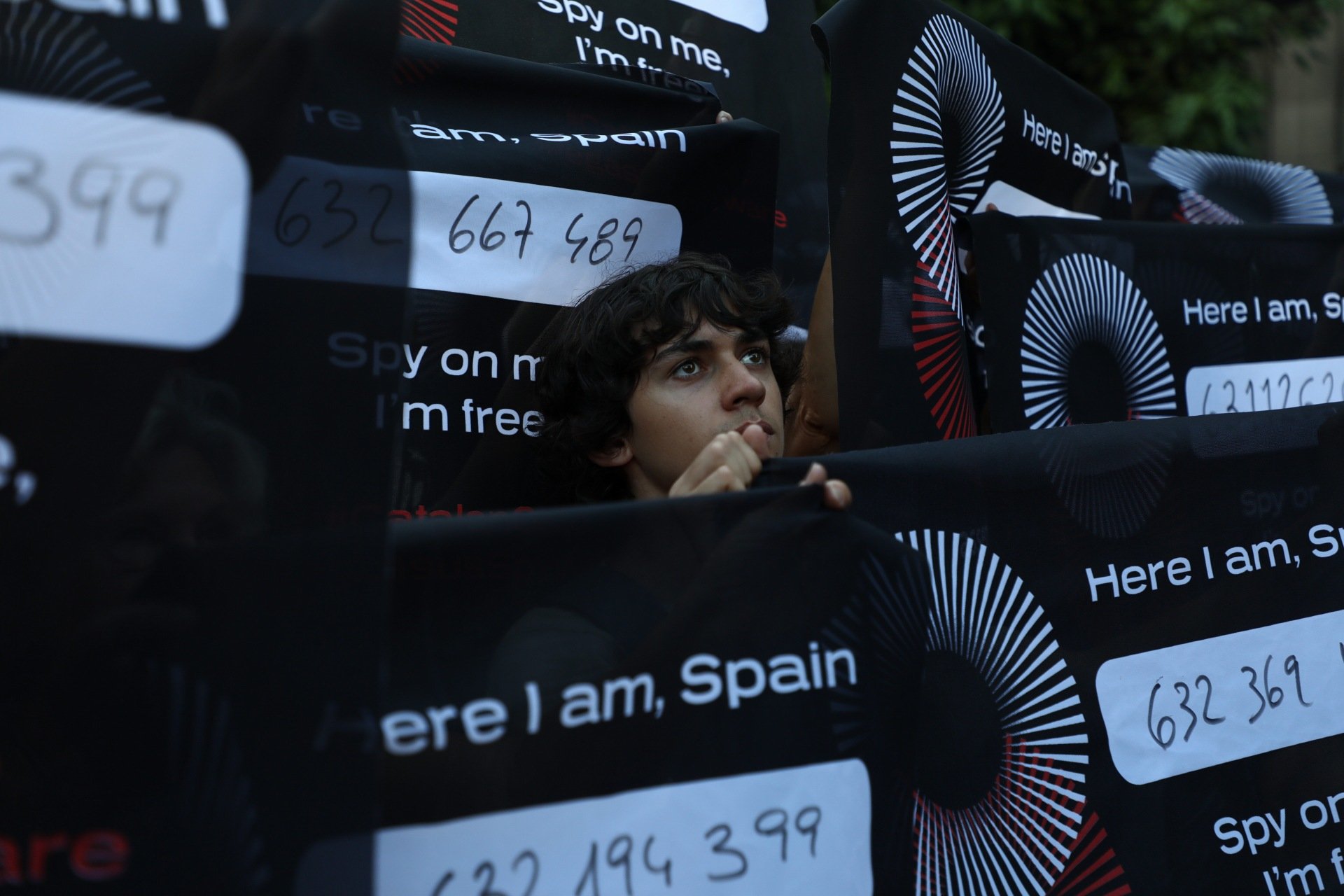The United States has given credence to the reports about the use of Pegasus in Spain against the Catalan independence movement, on the same day that some MPs who were victims of the espionage met with the European Parliament's committee of inquiry into Pegasus in Madrid. In its annual report on human rights around the world, the US State Department devoted space in its section on Spain to highlight the Catalangate affair - the large-scale use of espionage against pro-independence Catalans revealed by Citizen Lab. "There were reports that the Spanish government may have monitored the lines of communication of Catalan pro-independence politicians, although the government maintains that it has proper legal authority," the document states. The US's inclusion of the study by Citizen Lab, an independent research centre within the University of Toronto with a strong record of work in the field of human rights and technology, is scarcely surprising. But it is a timely reminder given that some Spanish politicians have sought to sow doubts over the Catalangate report.
In the section on "Arbitrary or unlawful interference with privacy, family, home or correspondence" (page 7 of the report, below), the US State Department recalls that Citizen Lab published the report "alleging that the [Spanish] government used Pegasus software to attack up to 65 cellphones belonging to Catalan independence leaders between 2017 and 2020." "Targeted individuals included the current and several previous presidents of Catalonia, members of the European Parliament, lawyers, activists and Catalan politicians," it specifies. Likewise, it adds that the-then director of the Spanish intelligence agency, the CNI, Paz Esteban, "recognized in an information session on May 5th before a committee of the Spanish Congress that the CNI had hacked the cellphones of 18 Catalan separatist leaders". "But she stated that the CNI had the required judicial authorizations to do so," it says.
The Spanish government and Pegasus: nothing public
Also with regard to espionage in the Spanish state, the US report refers to when Spanish minister Félix Bolaños "stated that Pegasus software was used to hack the cellphones of prime minister Pedro Sanchez, Minister of Defense Margarita Robles, and former Foreign Minister Arancha Gonzalez Laya in May and June 2021". "Bolaños blamed external actors, but said the [Spanish] government was still investigating who was behind the attack," it adds. Finally, it points out that "the [Spanish] government had not made public any findings regarding the incidents by year's end" - one of the reasons why international institutions and entities have criticized the Spanish authorities.
In another order of things, the document of the US State Department also includes the demand of several NGOs for the Spanish police to stop using rubber bullets in demonstrations and highlights the case of the strike of metalworkers in Cádiz - where protesters asked the public prosecutors for an investigation into the use of force. It also underlines that two policemen were prosecuted in Barcelona for the loss of an eye by pro-independence activist Roger Español, as well as the police abuses that occurred during the protests for the arrest of rapper Pablo Hasél. It is made clear that this report serves as, among other things, a guide for the US Congress in determining foreign aid they grant to other countries.

